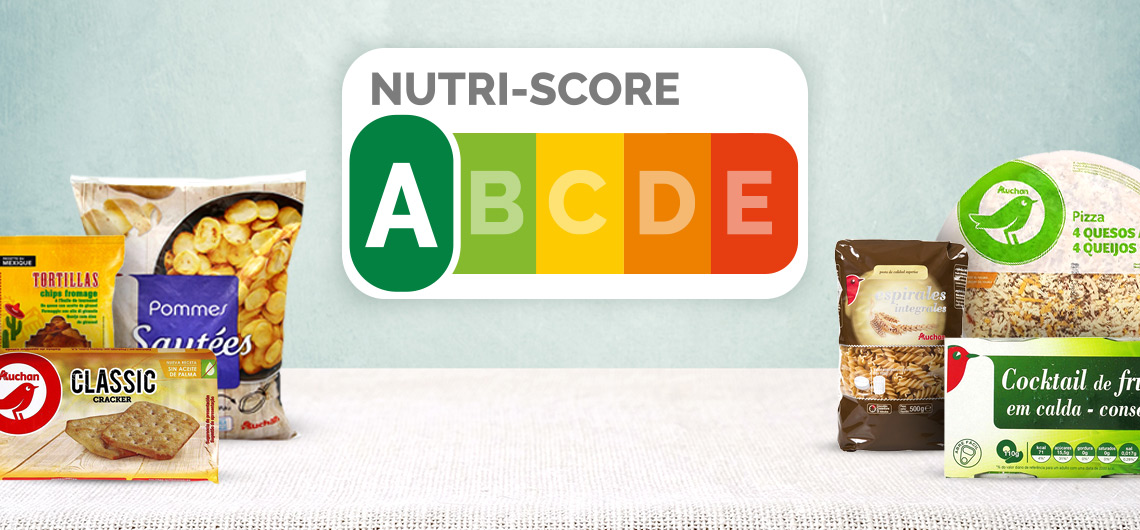The Nutri-Score, a nutritional labeling system based on a scale of colors and letters, continues to expand in Europe, despite the obstacles encountered at European Union level. Portugal thus becomes the eighth country to join this initiative aimed at informing consumers on the nutritional quality of food.
The Nutri-Score, a public health tool now adopted by Portugal
The roll-out in Portugal, made official on April 5, marks an important step in the fight against diet-related chronic diseases such as type 2 diabetes, hypertension and cardiovascular disease. The measure, now published in the Journal de la République, has been hailed by the Portuguese government as an effective means of prevention and awareness-raising.
Initiated by former government and supported by a national study revealing the difficulties Portuguese people have in interpreting nutrition labels, this initiative responds to a growing demand for transparency and information on the part of consumers. In fact, almost 40 % of Portuguese people find it difficult to understand the information on food packaging.
The implementation in Portugal was preceded by a mobilization of civil society, notably after the Covid-19 pandemic, highlighting the importance of promoting a healthy, balanced diet to prevent problems of overweight and diabetes, which affect a significant proportion of the population.
However, this step forward is not without opposition. Some players, such as Italy, fear that the Nutri-Score could harm their emblematic products, thus calling into question its implementation on a European scale. Despite this resistance, it continues to gain legitimacy and recognition, supported by scientific studies demonstrating its effectiveness.
In Portugal, the arrival of the rating system on food packaging means that manufacturers must comply with the new regulations. This measure, which is currently voluntary, should enable Portuguese consumers to make informed choices about their food and promote better public health.
The adoption of this rating system bears witness to the growing commitment of the authorities and civil society to healthier, more transparent food. This initiative is helping to boost consumer confidence and promote responsible eating habits, while encouraging manufacturers to offer products of higher nutritional quality.
